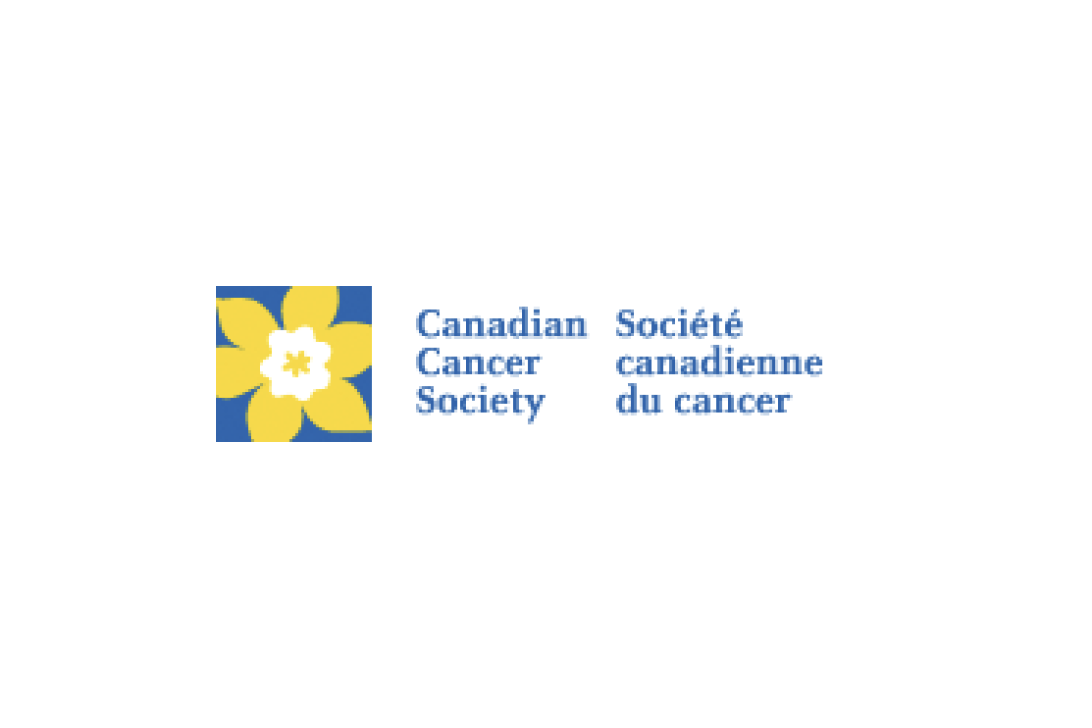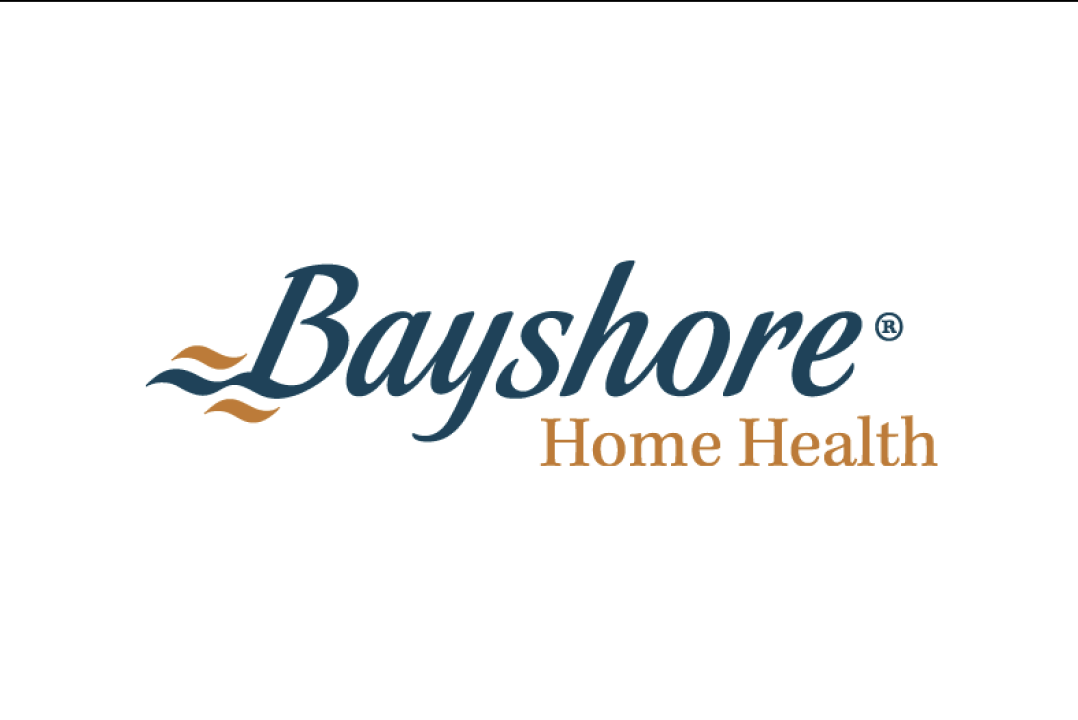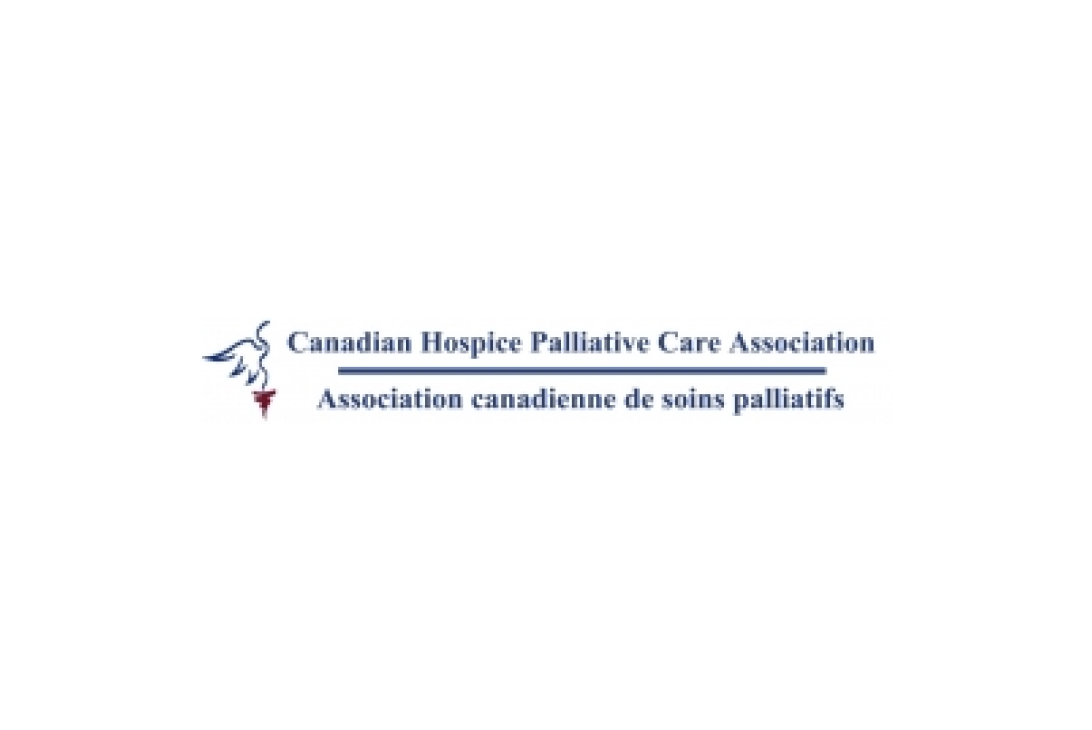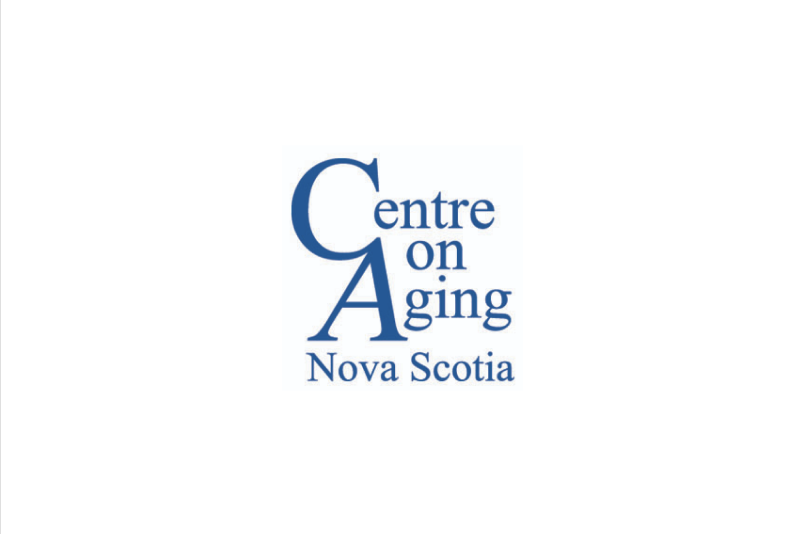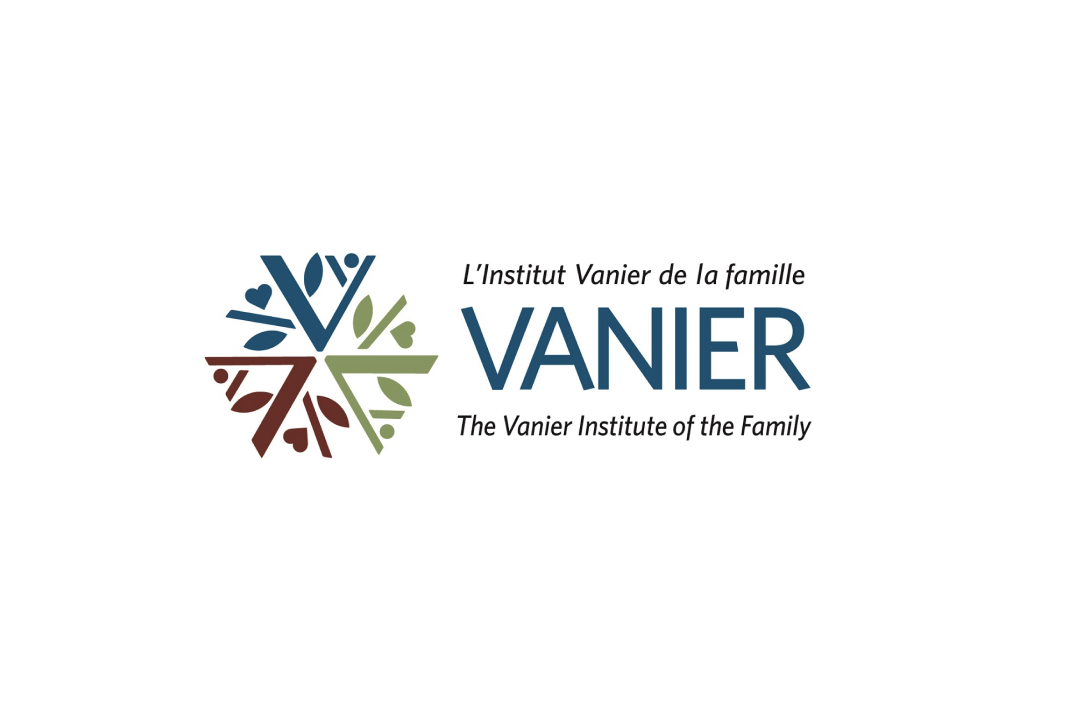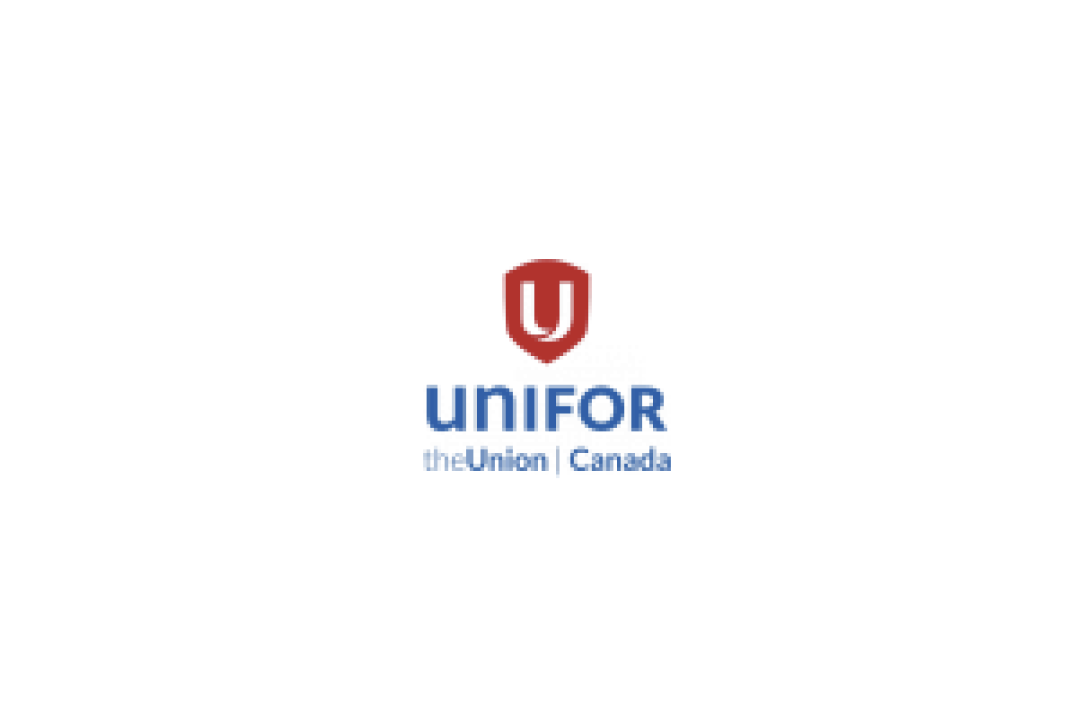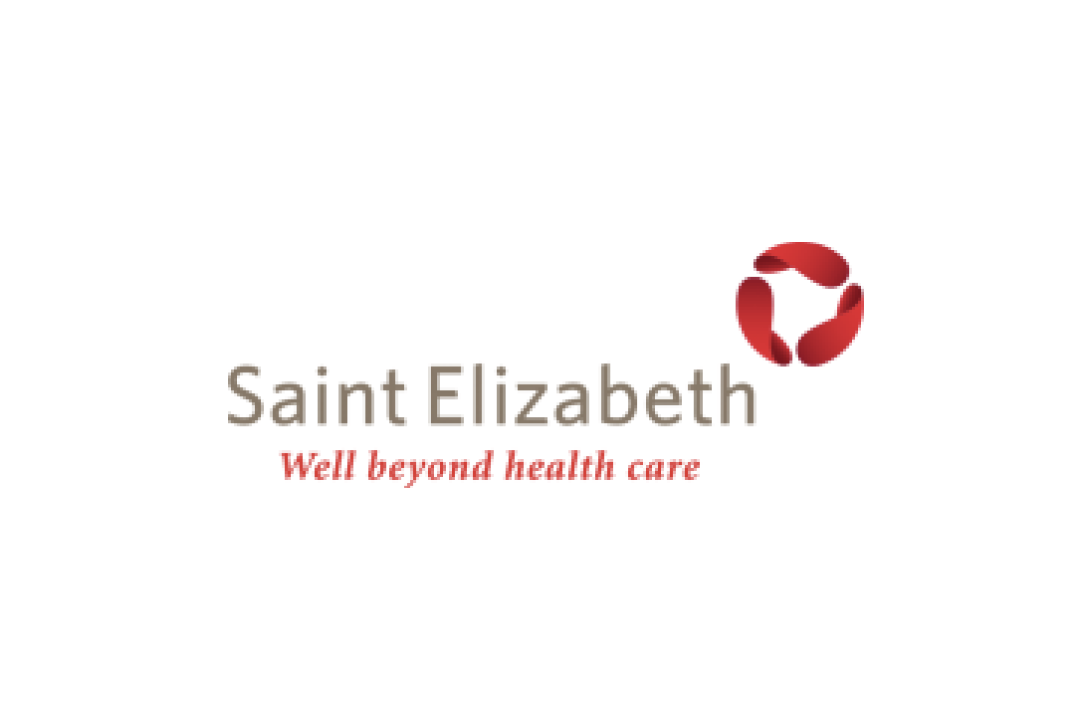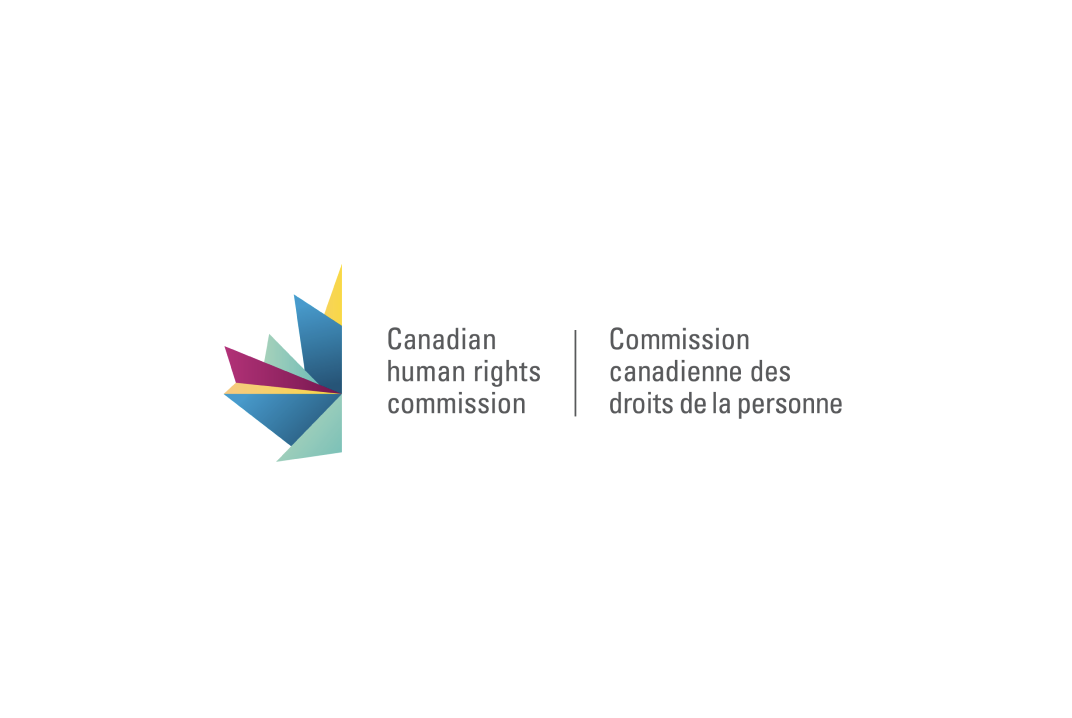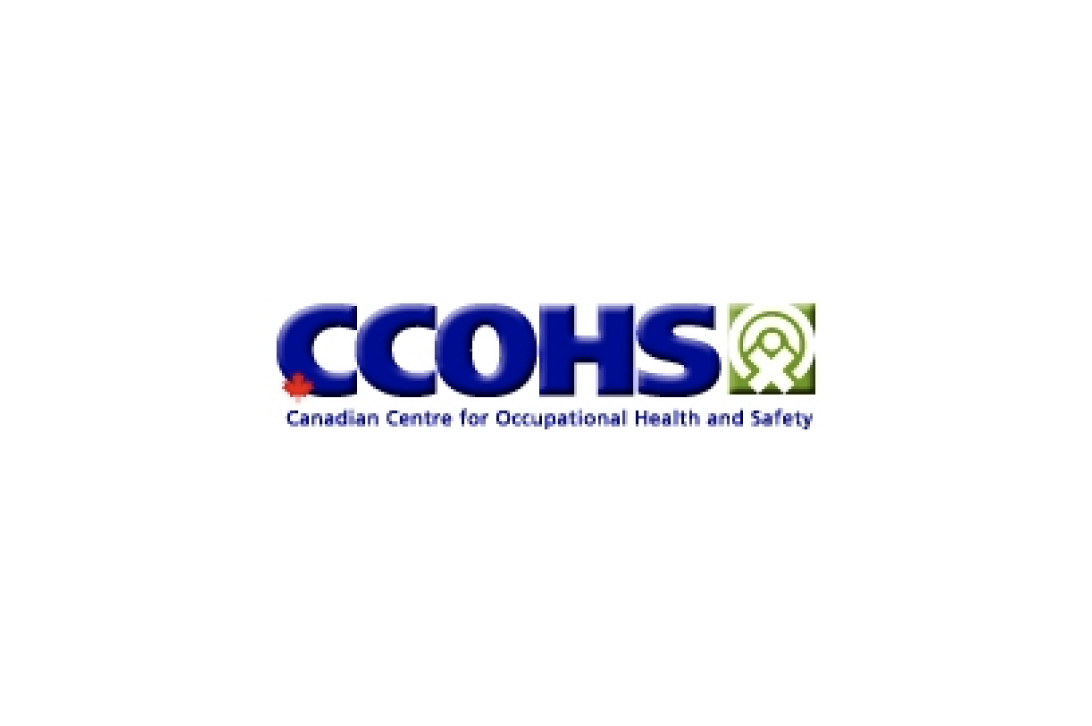About

Introduction
The aging population in Canada has resulted in more than 5.6 million employees, or 35% of the workforce simultaneously managing adult/elder care responsibilities. Lack of workplace support can result in caregiver-employees leaving the workforce, taking early retirements, and/or missing work days – all of which reduce productivity and cause avoidable costs to employers. Recognizing that the aging demographic will affect all workplaces, it is incumbent upon workplaces to implement gender sensitive caregiver-friendly workplace practices, such as the implementation of the newly unveiled CSA B701-17 Carer-inclusive and accommodating organizations Standard. In doing so, workplaces have the potential to enhance work-life balance, retention, autonomy and reduce health insurance costs.

Goals
In partnership with 12 academic researchers, 20 diverse, committed partners – representing academia, government, non-government/non-profit, private business/service providers, labour, and the Performing Arts sector, the scaling up of the CSA B701-17 Carer-inclusive and accommodating organizations Standard, which is a gender-sensitive, accessible guide for employers, human resource professionals, and a wide variety of workplaces. While facilitating the realization of strong partnerships, based on respect, communication and a common interest, the proposed program of research will scale up the Standard and the many associated tools to the international level, while conducting intervention testing and economic evaluation research in specific workplaces. Simultaneously we will disseminate knowledge specific to the culture change needed in the workplace, while creating and mobilizing implementation tools for the Standard. In so doing, we will not only best capture variation across workplace sectors, but also provide the evidence-based research for scale-up of the CFWP across the country and the globe via up-take by the International Standards Organization (ISO).

Methods
Led by a CIHR Institute for Gender and Health Chair in Gender, Work and Health, who is a sex/gender specialist, the scaling up of the CFW Standard involves six projects. The first is the internationalization of the Standard, which aims to promote implementation of the CFW standard on a global platform. The second project will be the KM and KM evaluation of the Standard and associated tools through universal access points, such as the CSA Communities webportal. The third project is an educational campaign that involves reducing barriers and strengthening drivers for culture change in the workplace, specific to carer-employee issues. This leads into the fourth project, which involves a feasibility study better to understand implementation of the standard. Afterwards, an intervention study will be conducted using the CFW Standard as an intervention in a pre-post research design, where quality of life, work satisfaction, health outcomes and economic evaluation of the Standard will be carried out in various workplaces. The fifth project uses an intersectionality approach to capture differences in Standard uptake, as defined by various sectors, characterized by sex, gender, ethnicity, pay, employment status, etc. The final project encompasses assessment of Standard uptake and associated tools across indigenous populations.
Information Box Group
Carer Implementation Guides: FREE DOWNLOAD
See the Carer-Inclusive Organizations Workplace Standard AND Implementation Guide (PACKAGE)
English: CSA B701 PACKAGE | Product | CSA Group
French: CSA B701 PACKAGE | Product | CSA Group
See the Carer-Inclusive Standard for Workplaces: B701-F17 – Carer-inclusive and accommodating organizations
English Standard: https://www.csagroup.org/article/b701-17/
French Standard: https://www.csagroup.org/fr/article/b701-f17
And the accompanying Implementation Guide: B701HB-18 – Helping worker-carers in your organization
English Guide: https://www.csagroup.org/article/b701hb-18
French Guide: https://www.csagroup.org/fr/article/b701hb-f18
Projects
Project 1: Internationalization of the Standard Learn More
Working with the International Standards Organization, create an International Carer Standard using the Canadian CSA Standard as a starting point.
Project 2: Knowledge Mobilization (KM) & Evaluation Learn More
Knowledge Mobilization and evaluation of such mobilization to support a healthy and productive workforce in Canada.
Project 3: Supporting Work & Caregiving: Diagnosing Readiness to Change Learn More
Collected qualitative data from Human Resources across Canada to inform our understanding of the barriers to progressive change in the workplace.
Project 4: Feasibility & Cost-Benefit Analysis of the Standard as an Intervention Learn More
A feasibility study to determine the feasibility, impacts, and cost benefit effectiveness of implementing the Standard in two different worksites.
Project 5: Informing the Standard's Cultural Competency: Caregiving Experiences of Immigrants & Indigenous Caregiving-Employees Learn More
Exploring the experiences of Indigenous peoples, visible minorities and European immigrants, this projects goal is to create a Standard as accommodating as possible.
Project 6: Indigenous Perspectives and Experiences with Caring Learn More
With its focus on the caregiving needs of indigenous residents in the Niagara region, this project considers, and provides input, on how to change or adapt the Standard so that it is culturally appropriate and useful to Indigenous community members and employees.
Project 7: Disseminating the Standard in French-Speaking Canada Learn More
Dr. Tremblay works to identify the dissemination targets/audiences specific to French-speaking Canada.
Project 8: Coming out to Care: An inclusivity study of the Standard for carer-employees Learn More
This project aims to understand the experiences of LGBTQI2S carer-employers (CE’s) and how their identity impacts their comfort in accessing workplace accommodations
Project 9: Canadian Longitudinal Survey on Aging (CLSA) Learn More
This project aims to fill the data gap with respect to aging carers, and specifically carer-employees through the analysis of large quantitative data sets.
Project 10: Statistics Canada General Social Survey (GSS) Caregiving and Care Receiving Learn More
This project uses Statistics Canada data to investigate the impact of various employment characteristics on the health of Canadian caregiver-employees (CEs), providing evidence for the value of CFWPs in all workplaces.
Project 11: Embracing Carers Data Learn More
Data from the Carer Well-Being Index, a global study commissioned by Embracing Carers in twelve countries, including: United States, Canada, United Kingdom, France, Germany, Italy, Spain, Australia, Brazil, Taiwan, India and China.
Project 12: The Impact of COVID-19 on Double-Duty Caregivers (DDCs) Learn More
This study investigates the impact of COVID-19 on both DDCs’ unpaid caring responsibilities and paid healthcare work.
Project 13: Canada’s Compassionate Companies Evolution and Sustainability Learn More
This project aims to increase the number of caregiver-friendly organizations in Canada.
Project 14: Caregiver Tax Credit Uptake in Canada Learn More
This project aims to examine the Caregiver Tax Credit Uptake in Canada and its impact on carer-employees.
Project 15: Carer-employee Competencies for HR Professionals Learn More
In this study our objective is to develop an inventory of carer-employee competencies for HR Professionals.
Project 16: Intersection of Work-Life Balance, Employee Health, and Eldercare Learn More
This project will examine the intersection of work-life balance, employee health, and eldercare using various national Canadian datasets from the Conference Board of Canada and the Canadian Consortium on Neurodegeneration in Aging.
Project 17: Evaluating the uptake of the CSA B701:17 (R2021) Carer-inclusive and accommodating organizations workplace standard Learn More
This project will examine the uptake of the CSA Carer-inclusive and accommodating organizations standard across organizations and the level of implementation. Results of the evaluation will be analyzed to determine strategies for increasing uptake of the standard nationally.
Carer-Employees
ADVISORY COMMITTEE
The research program will inform and be informed by a Research Advisory Committee (RAC) which will meet annually throughout the 5 year duration of the Chair.
Partners & Collaborators
| Organization | Role | Partnership Grant – Mobilizing A Carer Friendly Standard |
|---|---|---|
| CSA Group | Partner | |
| Sheffield University | ||
| Conference Board of Canada | Partner | |
| Carleton University | Partner | |
| King’s College, Western University | Partner | |
| Téluq-Université | Partner | |
| Canadian Cancer Society | Partner | |
| Bayshore Health Care | Partner | |
| Canadian Hospice Palliative Care Association | Partner | |
| Nova Scotia Centre on Aging, Mount Saint Vincent | Partner | |
| Nokee Kwe | Partner | |
| Merrymount Family Support and Crisis Centre | Partner | |
| Cross Cultural Learner Centre | Partner | |
| WIL Employment Connections | Partner | |
| London InterCommunity Health Centre | Partner | |
| Habanero Consulting Group | Partner | |
| Vanier Institute of the Family | Partner | |
| UNIFOR the Union | Partner | |
| Public Services Health & Safety Association | Partner | |
| Canadian Human Rights Commission | Partner | |
| Canadian Home Care Association / Carers Canada | Partner | |
| Carers Australia | Partner | |
| Pallium Canada | Partner |


